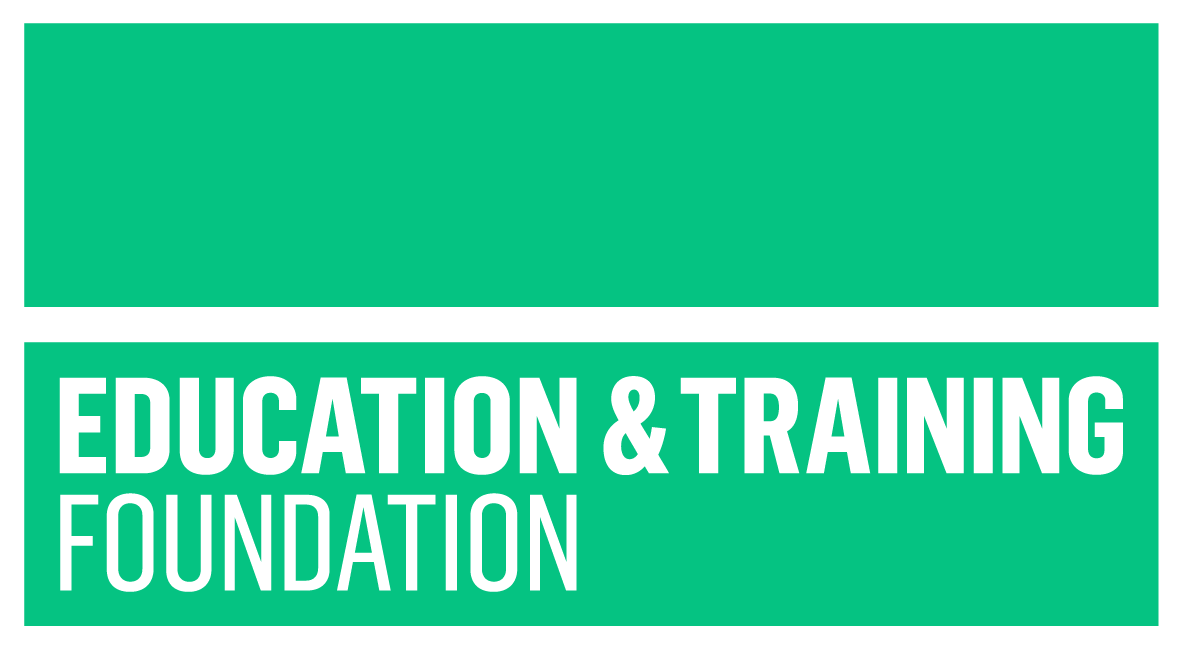In his recent ‘Closing the innovation gap’ series of thought pieces Rhys Davies considered the need for innovation in the further education (FE) and skills sector and how leaders can encourage and facilitate innovation through shaping culture and removing barriers. In this new series he considers how innovative mindsets can be delivered, beginning by focusing on leaders.
Perspectives from business
Covey (2023) makes a convincing case for organisations to move from a ‘command and control’ leadership style to a ‘trust and inspire’ leadership paradigm. Everyone wants to be trusted and when we feel trusted, we are more motivated to take risks and to find creative solutions to complex problems. According to Covey, the ‘command and control’ approach to leadership is a relic of a previous, industrial, age and can only ever achieve compliance. If we are to encourage staff to innovate, they need to feel inspired and safe to do so. In other words, they need to be led in a different way, a way which creates higher levels of engagement, innovation and inspiration. This way of leading others requires leaders to ‘let go’ and to accept greater risk. As Tim Cook, CEO of Apple puts it, “We take risks knowing that risks will sometimes result in failure, but without the possibility of failure, there is no possibility of success”. Micro-managing others and having no appetite for risk taking stifles innovation.
Taking another perspective, a Harvard Business Review of 2019, ‘The EI Advantage. Driving Innovation and Business Success through the Power of Emotional Intelligence’, presents the case for such an approach. “Today, decisions are made so quickly that organizations can no longer rely on time-consuming top-down decision making and orders dictated from above. More often, individuals must collaborate with each other to solve problems and develop innovative solutions on their own. To do so requires the mastery of interpersonal skills that are often downplayed as ‘nice to have’ soft skills. Mastery of interpersonal skills has become more critical as employees, particularly those on the front lines, make decisions that can seriously impact a brand’s reputation and its connection to customers.”

